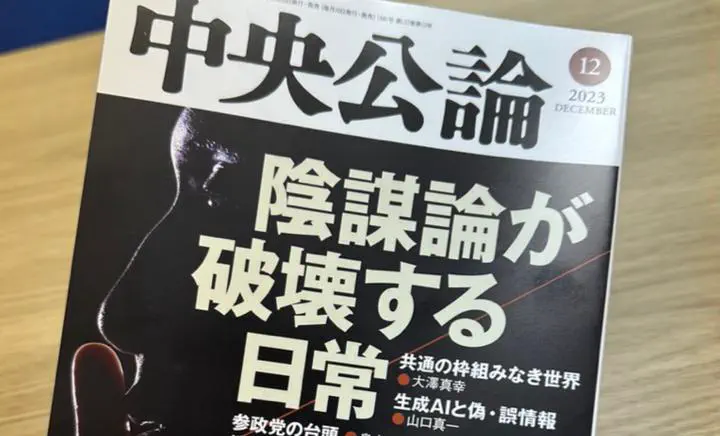世論調査に見る日本人の陰謀論支持 [Support for Conspiracy Theories among Japanese Citizens as seen in Public Opinion Surveys]

Abstract
This article examines the prevalence of conspiracy theory beliefs among Japanese citizens using data from electoral surveys we conducted at Waseda University in 2019, 2021, and 2022. While the surveys do show a significant level of belief in conspiracy theories, the results also suggest that many citizens have come to strongly reject conspiracy beliefs over the course of the COVID-19 pandemic - with levels being much lower in 2021 and 2022 than in the pre-pandemic 2019 survey. Nonetheless, the persistence of conspiracy beliefs among a significant minority of the population suggests that a potential support base does exist for a political party which embraces conspiracy theories, such as the new Sanseito party which won its first seat in the House of Councillors in the 2022 election.